Tim Metz, productivity expert, is the co-founder of Saent, a fully distributed tech company which has employees working remotely on three continents. Saent has been building a hardware device and software designed to help its users become more productive and develop healthier work habits — a product YCIS students seem profoundly interested in as they near their exams.
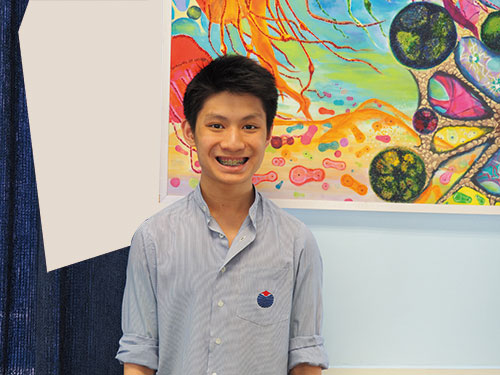
Eugene, 15, Singapore
What are qualities you look for in a new hire?
Enthusiasm, energy, eagerness to learn, intelligence, flexibility, and how the person will complement the rest of the team.
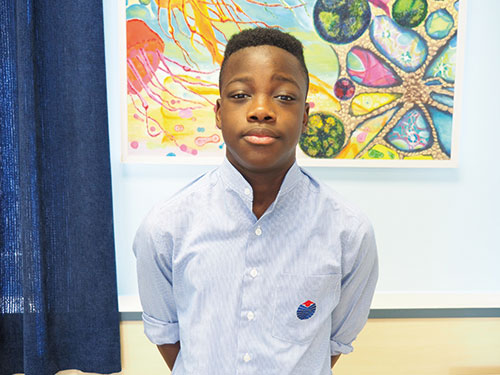
Nick, 16, USA
How do you plan on advertising your business?
We plan on advertising mainly through digital word-of-mouth mechanisms within the product itself. For example, we have a Leaderboard where users can invite classmates, colleagues, and friends, which motivates our users to invite many new ones. We will also market using blog content about productivity and achieving work life balance.
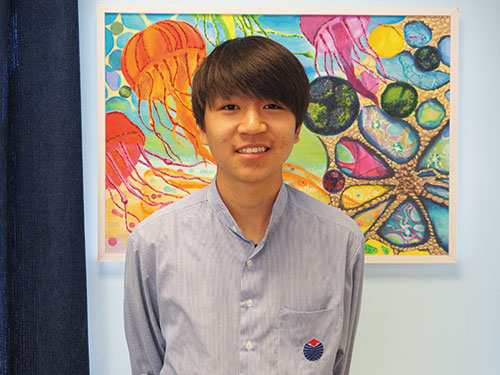
Harry, 15, Korea
How can I focus better and overcome interruptions and distractions?
Make distractions harder to access and get to. Stop multitasking, but focus on doing one thing at a time. Try to dedicate more time to a task because you can’t get any complicated work done in five minutes. Also, find out when you’re naturally more focused (e.g. in the mornings), and then make sure you use that time for complicated tasks that require more focus, rather than on simple tasks, such as replying to emails.
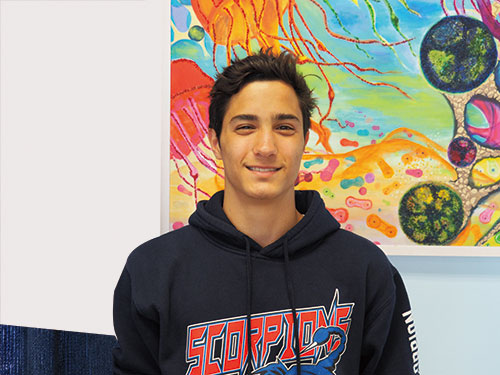
Emanuele, 17, Italy
Did you attempt and fail with a similar product in the past? What did you gain from the experience and how did it help you in the success of this product?
I have failed many times at many things in the past, though not with a similar product. Each failure is tough, but each has held incredibly valuable lessons. I think one of the main things you learn from failure is resilience, which is important as there will always be more difficulties ahead.
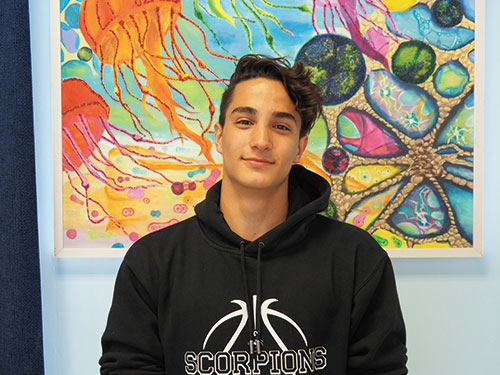
Marcello, 17, Italy
How did you manage to start up your company after initially having the idea?
For the first six months or so, I put in my savings, while Russell Haines, our co-founder, put in his time in exchange for equity. I also hosted productivity and time-management training workshops to companies to fund our company. Then, once we had a prototype finished, we used it to raise our first seed investment of USD 110,000 in February 2015, and then crowd-funded in July 2015 to raise an additional USD 60,000.
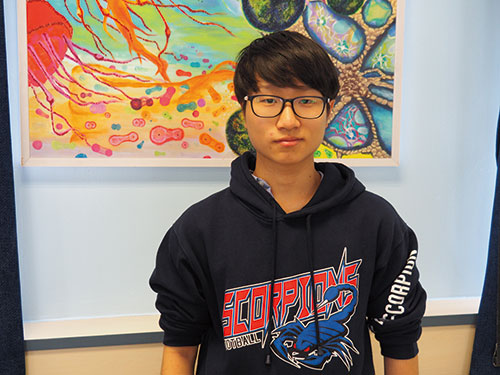
Daniel, 17, Korea
Does the software stop you from opening programs that hinder your work?
It doesn’t literally stop you, as we believe our users should retain their freedom. What it does do is if you navigate to a source (a website or application) marked as “evil” during a focused session, Saent will initially block access to it. However, you always have the option of visiting it regardless. Your focused session will just end and you will receive less productivity points. We find that the extra step helps people reconsider and return to finish their session.
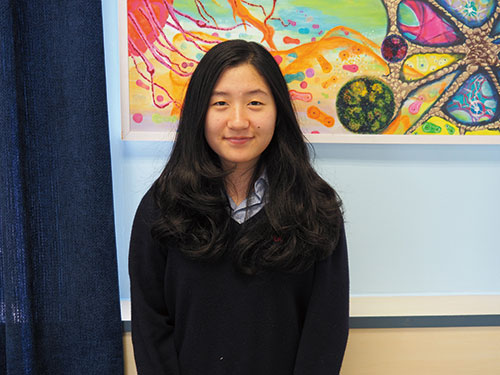
Katie, 16, China
What was your motivation to overcome your [startup]difficulties?
I think the main motivator should always be the reason you launched your startup in the first place. In my case, it was seeing too many people stressed and overworked while not reaching their full potential due to poor (work) habits. I’m convinced Saent can help solve their problem, allowing them time to live more fulfilling lives.
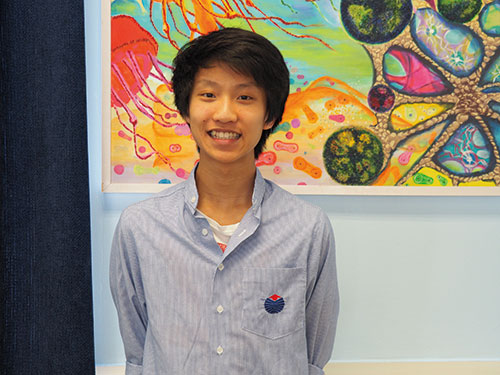
Wilfred, 17, Hong Kong
Have you considered targeting your product to students?
We are launching a pilot program with 2,000 students at the University of Calgary (Canada) in September, 2016. The purpose is to develop a partly academic version of Saent. We have yet to consider a version for high schools and colleges, but that might change because of the response Saent got here today!
This article originally appeared on page 34-35 of the 2016 June-July Issue of beijingkids magazine. Click here for your free online copy. To find out how you can obtain a hard copy, contact distribution@truerun.com.
Photos by Uni You and courtesy of YCIS




